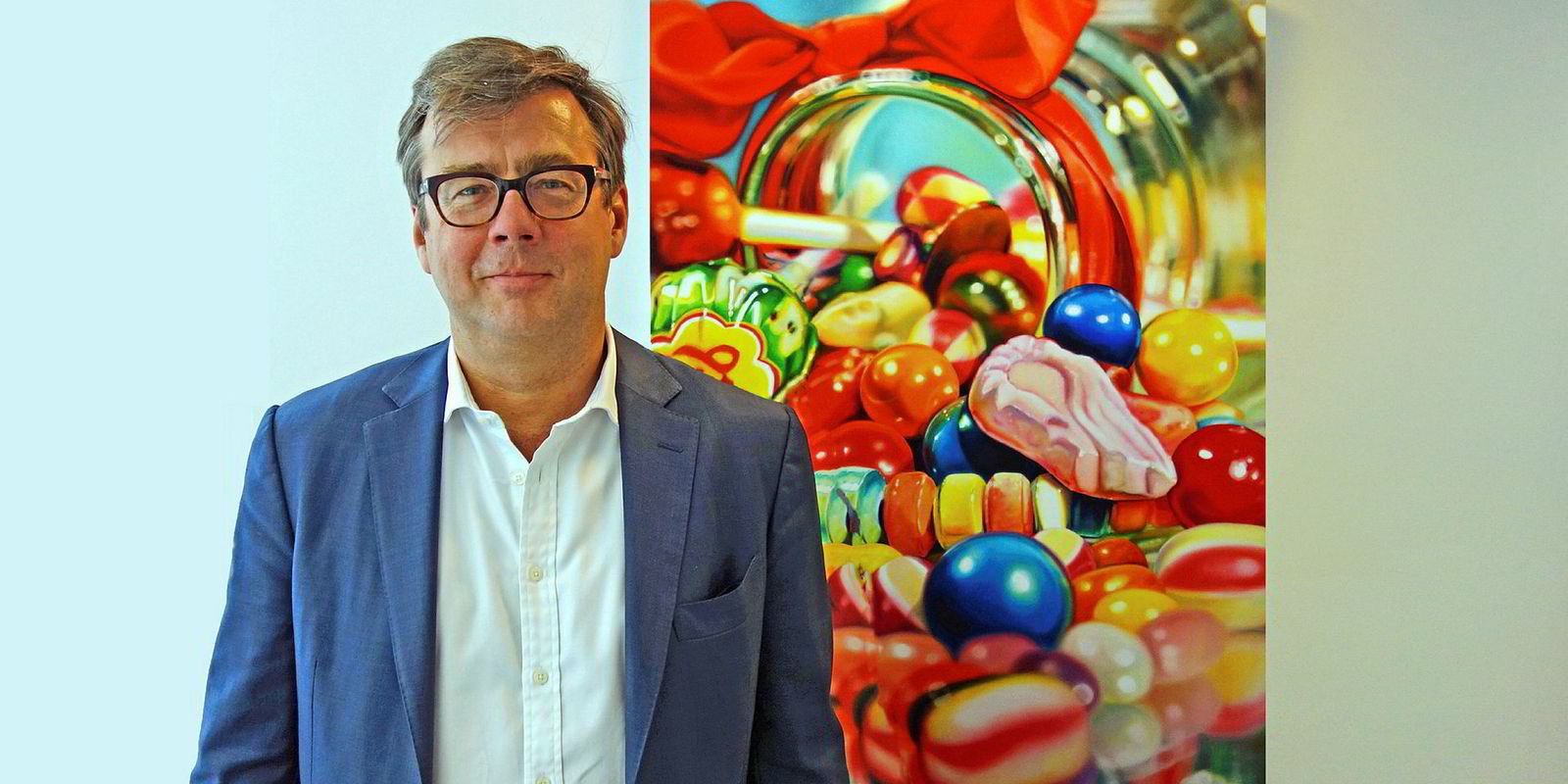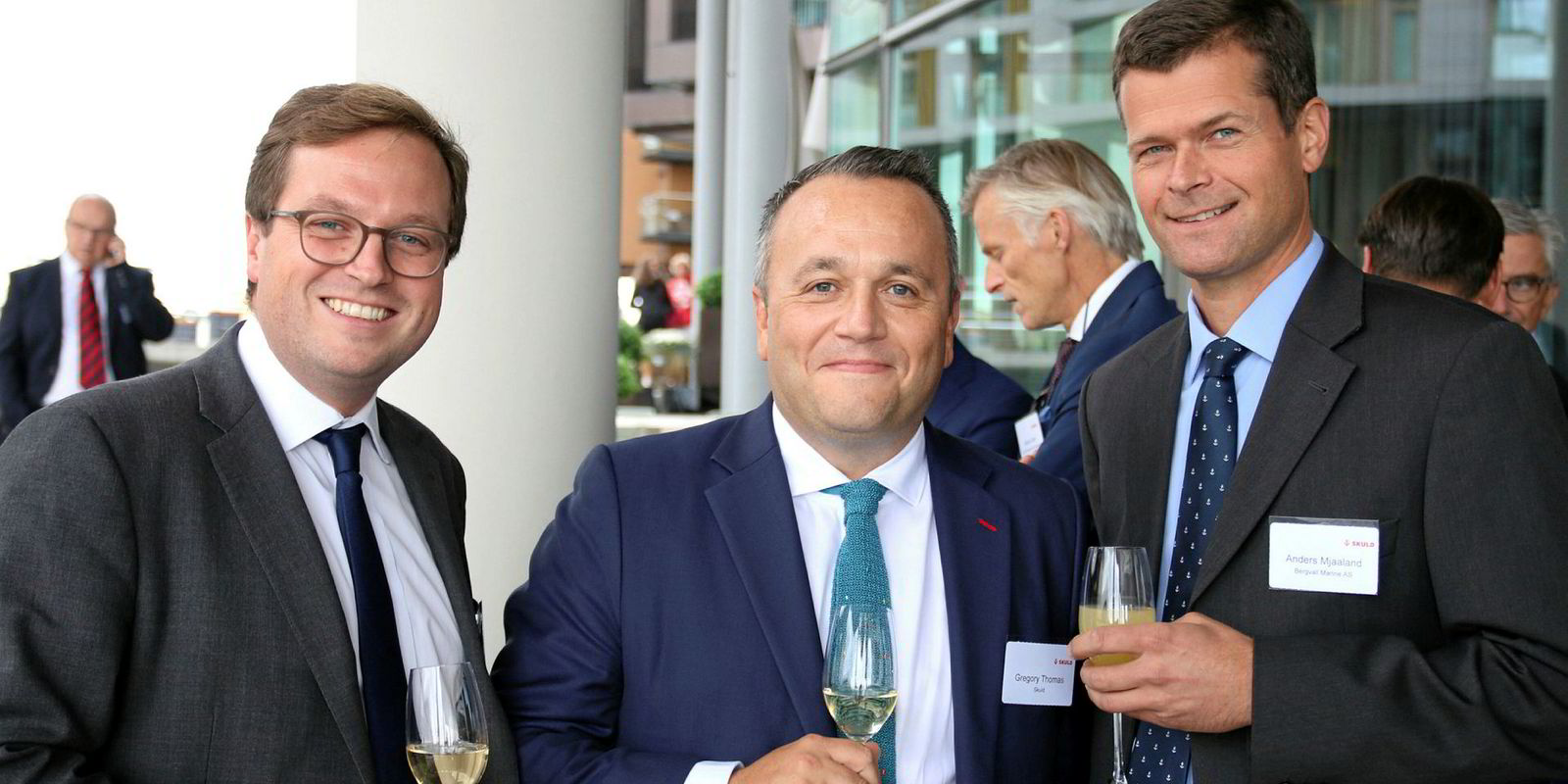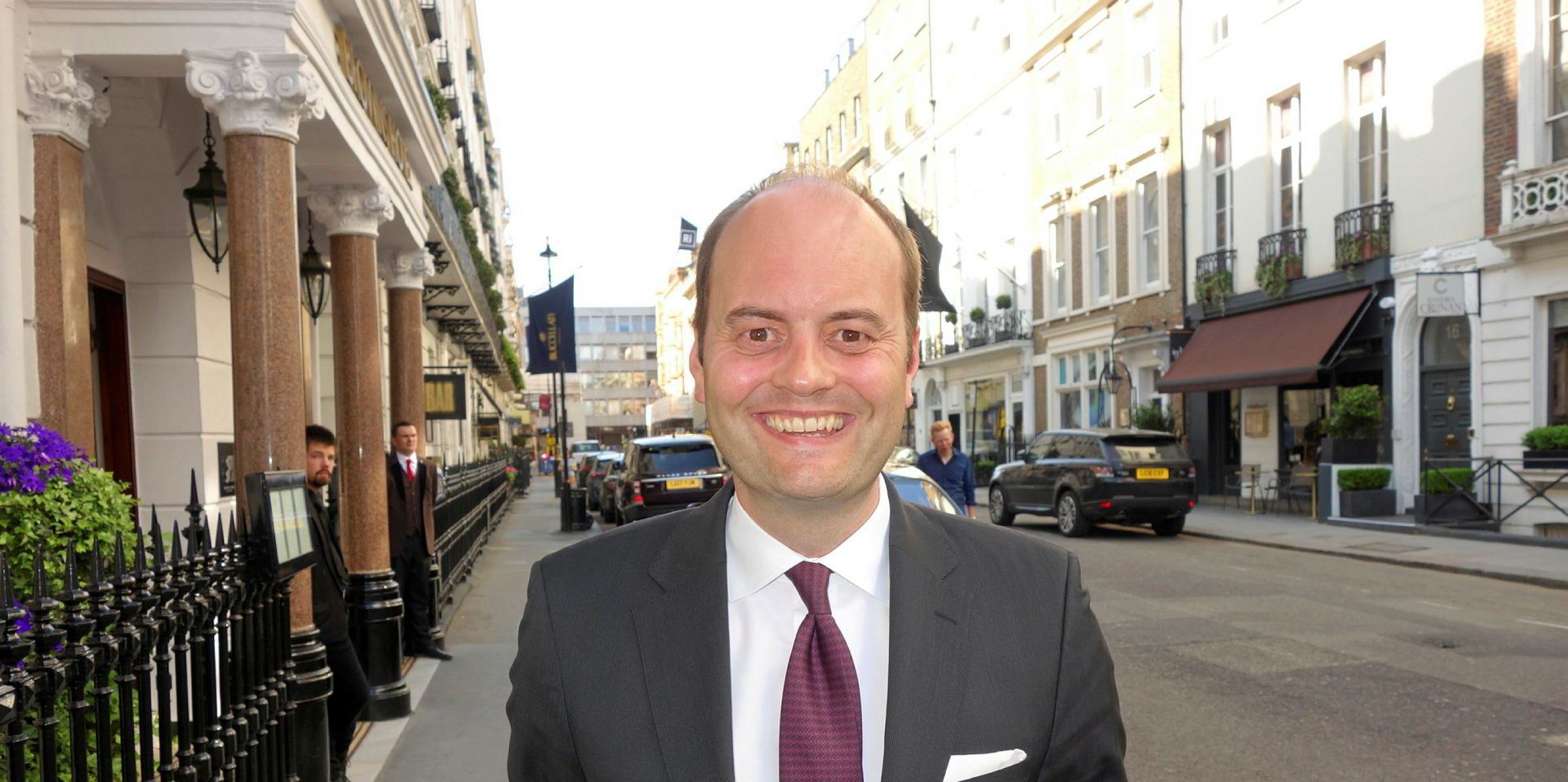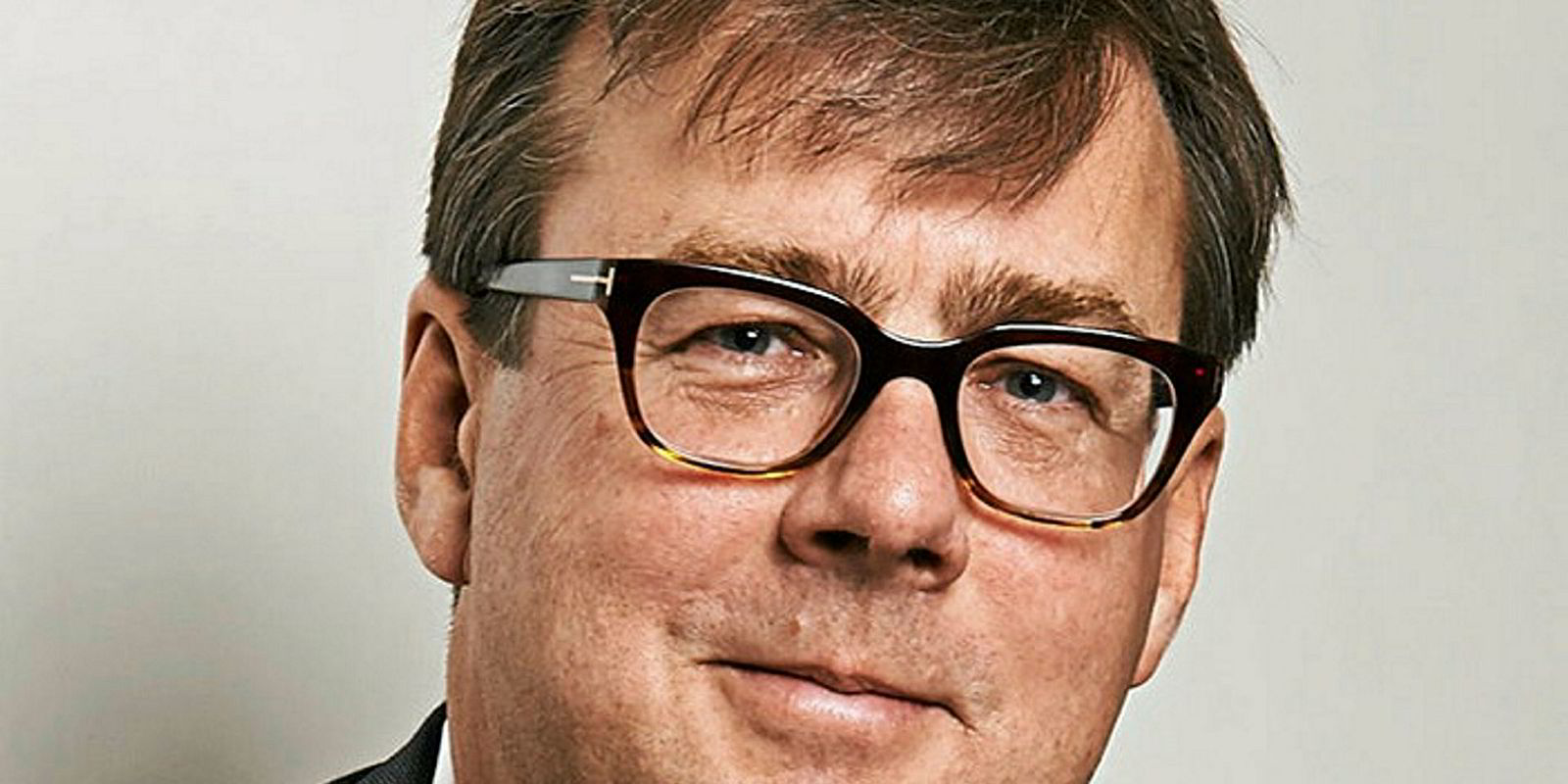The Skuld and Standard Club protection and indemnity mutuals' final full-year of writing business at Lloyd’s of London has seen them record their largest losses so far.
Skuld entered the 300-year-old insurance market in 2011, later followed by the Standard Club in 2013 as part of a diversification strategy, but both have now declared their intention to leave after long-running consecutive yearly losses.
But the final full-year figures for 2018 are still likely to make uncomfortable reading for shipowner members of both mutuals, which have seen considerable sums lost on the moribund hull, cargo and other speciality insurance lines.
According to figures from Lloyd’s, Skuld Syndicate 1897 recorded a £21.5m ($28.1m) loss in 2018 — compared to £9.2m in the previous year — bringing its cumulative loss since 2012 to a whopping £71.6m.
However, just over half of those losses will fall on Skuld, which provides 66% of the capital for the Asta-managed syndicate, with the rest coming from French reinsurer SCOR.
Skuld was also hit by a significant reduction in premium income in 2018 as it ran down its marine book in a bid to improve its portfolio and turn around losses.
Losses grew last year as lower premium levels could not handle costs from previous policy years.
Skuld's gross written premiums in 2018 amounted to £67.9m, less than half the £138m it had written in 2017.
Standard Syndicate 1884, managed by Charles Taylor, saw losses soar to £56.8m in 2018, compared to £34.1m in the previous year.
Of those losses, 86% went to the Standard Club in the final year, with the rest falling on other capital providers. The 2018 figures were particularly bad for the Standard Club, as it placed its run-off costs into the final year of the syndicate after announcing its departure this autumn.
But Standard Syndicate 1884 also grew its written premiums in the final year from £82.1m in 2017 to £110.5m in 2018.
Change in share percentage
The Standard Club’s share of the syndicate has changed from year to year to between 40% and 47%, and 87% in the final year. But the club estimates its accumulated losses at Lloyd's at around £63m. Over that time, the Standard Club mutual made investment returns in excess of $90m.
Skuld has decided to carry on its Lloyd's lines by underwriting business on its own corporate paper.
Greg Thomas, Skuld’s executive vice president, said the company’s Lloyd’s syndicate has been hampered by “legacy costs” and a struggling hull market.
But he said that the Lloyd’s venture had allowed Skuld to build up what he believes will be a “pretty good portfolio” of hull and offshore energy business, which it can now grow in a rising market through Skuld Marine Agency (SMA) and its lower-cost company structure. He said some of the Lloyd’s business has already started to transfer over to SMA.
He also referred to new P&I business that had been directed toward Skuld through the Lloyd’s syndicate.

“At the start of last year, the behaviour of the [Lloyd’s] market was not turning the way we hoped but we started to see improvements in the final quarter of last year,” he said.
“We have deselected a large portion of the cargo and ports and terminals cover, and we have a pretty good [hull and offshore energy] portfolio going forward.
“I feel we are well positioned and there has been a positive response to us moving.”
Jeremy Grose, chief executive of the Standard Club, said he was "disappointed" with the syndicate's performance but added that it represents just "one strand" of its diversification.
“Conditions in the Lloyd’s market proved to be far more challenging than were anticipated when we planned the launch of the syndicate, and it was the right decision to pull out and allocate the capital to other initiatives," he said.
“Lloyd’s represented one part of our overall growth strategy, which is otherwise proceeding well."
He said that even though Standard Syndicate 1884 did not deliver, the club's book of P&I business increased by 15% to 155 million gt over the past four years, amid stable underwriting results.
"This indicates that we are delivering what members want from their P&I club, particularly on the core claims support, which is our key service," he said. “We continue to focus on diversifying our business to provide a stronger and more stable business to meet our members' core P&I insurance needs."





